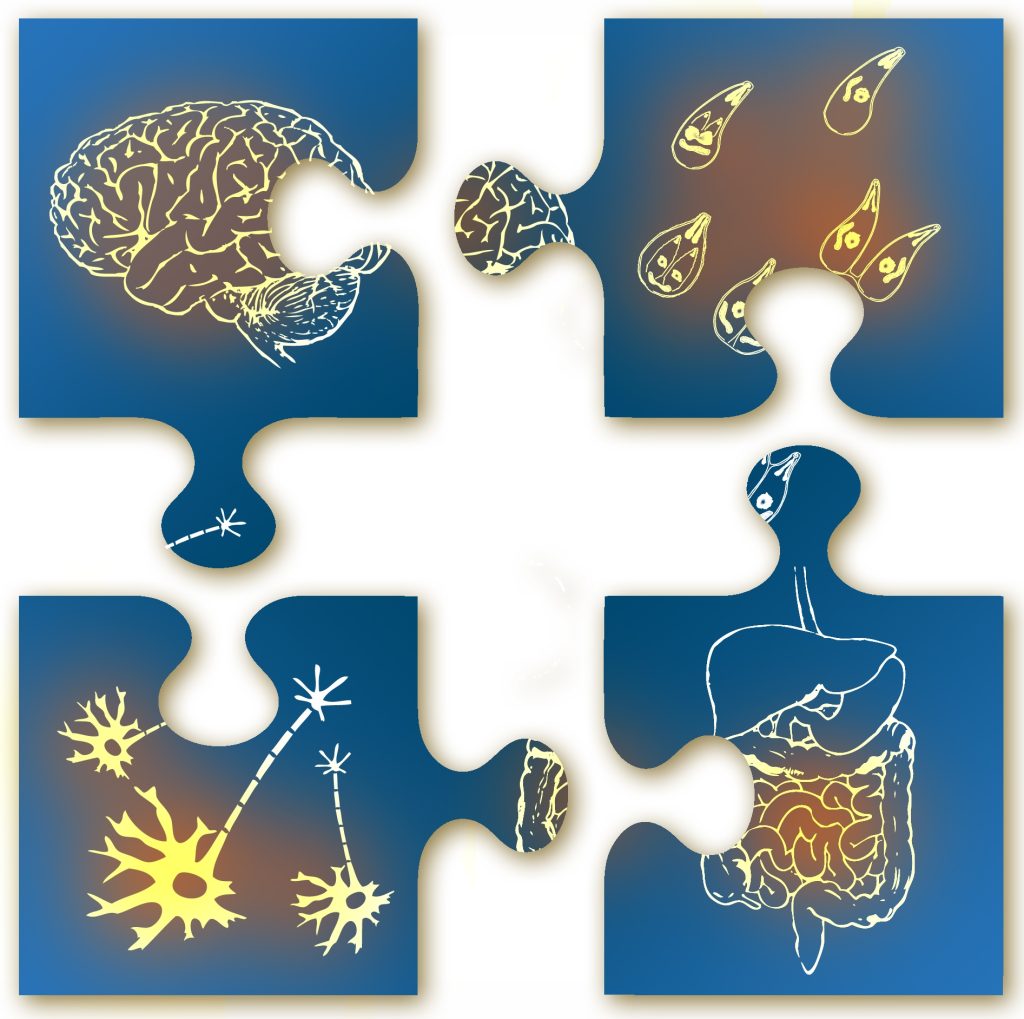Diet is an important source of many metabolites, including those that are markers of various aspects of our health. A metabolite is an intermediate or end product of metabolism, which in turn is the set of life-sustaining chemical reactions taking place in organisms.
A new study that aimed to find out how metabolites impact cognition, found that across the world and among different races and ethnicities, the metabolites from healthier diets could help protect brain health. Previous research has shown that certain metabolites, including lipids, amino acids, and steroids, are linked with
cognitive decline associated with brain diseases such as Alzheimer’s disease and dementia.
The study by researchers at Brigham and Women’s Hospital, a unit of Harvard Medical School in the United States, confirmed what scientists already knew about the link between diet and cognition — what we eat can impact our brain health.
The scientists involved in the study pointed out that diet impacts more than just body weight, and can influence how the brain and body functions in tandem, and how this can have a crucial bearing on mental and physical health of an individual.
The researchers found that metabolites from healthier diets, such as the Mediterranean diet, were associated with stronger cognitive functions, such as thinking, reasoning or remembering, while metabolites from diets high in sugar were associated with poorer cognitive function. The researchers also demonstrated that these findings could be generalized to different races and ethnicities.
Different metabolites are produced by different kinds of foods and while some are associated with positive health outcomes, others are known to be linked to worse health outcomes. For example, Vitamin B12, a metabolite from animal diets, helps in neurological function, which is why doctors advise vegans who eat only plant based foods to supplement their diet with B12. On the other hand there are certain metabolites, such as ribitol — a plant-based metabolite — that may negatively affect our cognition.
For their study, the research team evaluated metabolite levels and cognitive function scores in more than 2,200 Hispanic and Latino individuals, over 1,360 European people, and nearly 480 African-American people. They then tested whether metabolites that have previously been linked to cognition in past research could be applied to the three different racial and ethnic groups involved in the study.
The research team found that six metabolites — four of which were sugars or derivatives of sugar — were associated with poorer cognitive function. Another type of metabolite, beta-cryptoxanthin, that is associated with fruit consumption and the Mediterranean diet was linked to stronger cognitive function. They also found that their findings could be generalized across all racial and ethnic groups involved. However, the study did not find a strong causal relationship between metabolites and cognitive health; what they surmised was that the relationship probably goes both ways — with diet impacting our cognition and our cognition impacting our diet. The research team hopes that future studies will explore how metabolites may directly impact cognition.
The scientists also warned that their findings should be interpreted with caution, as there were some limitations to their study, including that it did not consider other contributing factors for cognitive decline, such as socioeconomic status, physical activity and social support. Moreover, sugar intake was not measured among the participants, which makes it difficult to identify specific dietary recommendations to boost brain health.
Nutritionists add that while the study reaffirms that people who eat poorer quality diets may be at higher risk for chronic disease, the findings should not be used to make specific dietary recommendations. Nevertheless, the study reiterates that healthy plant-based foods tend to have more of the healthy, safe, beneficial metabolites, while less-healthy highly processed foods will have more of the less- safe, unhealthy metabolites that negatively affect cognition.
The findings underscore the importance of adhering to a healthy diet that is rich in fruits and vegetables. The study suggested eating more of the unprocessed, whole foods and fewer processed foods that are high in sugar or low in vitamins and minerals. Nutritionists and dietitians point out that people should make sure that at least half of their grains are whole grains, and swap half of their animal-based proteins for plant-based ones. Besides diet, improving lifestyle habits, such as good social interactions, adequate sleep, physical activity, and avoiding substance abuse among others, are also known to be beneficial to cognition.

